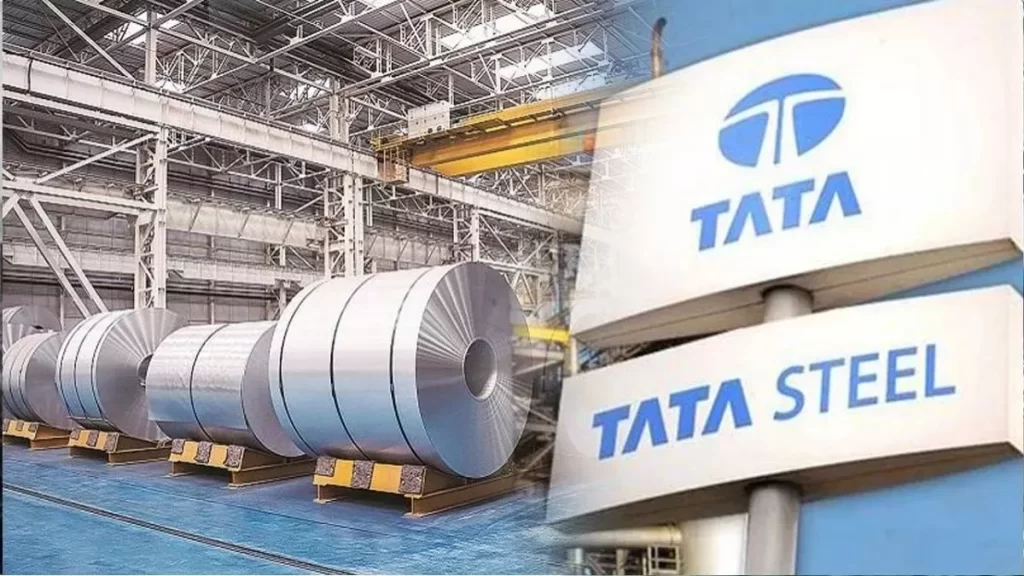Tata Steel has joined the Leadership Group for Industry Transition (LeadIT), a global initiative to accelerate the transition to net-zero emissions in heavy industry. LeadIT was created by the governments of Sweden and India during the UN Climate Action Summit in September 2019 and is backed by the World Economic Forum.
The group brings together governments, companies, investors, and other stakeholders to share best practices, develop new technologies, and advocate for policies that support the transition to a net-zero emissions economy.
Tata Steel’s membership in LeadIT is a significant milestone for the company, as it positions Tata Steel as a global leader in the drive to decarbonize the steel industry.
Tata Steel has set a goal to become net-neutral in carbon emissions by 2045, and joining LeadIT will help the company achieve this goal by providing access to a network of experts and resources.
“Tata Steel’s membership in LeadIT presents a significant opportunity for us to amplify our endeavours towards carbon neutrality,” said Tata Steel VP, Technology and R&D, Debashish Bhattacharjee.
The company said that it would work with LeadIT to share its experiences in developing and deploying low-carbon steel making technologies and to advocate for policies that support the transition to a net-zero emissions economy.
“Tata’s ambitious goal of attaining carbon neutrality by 2045 paves the way for low-carbon steel production,” said Per Andersson, Head of the LeadIT Secretariat.
Tags: Decarbonisation, Leadership Group for Industry Transition, LeadIT, Net Zero, TaTa Steel



Recent Posts
Stena Line’s Hybrid Ferry Stena Futura Completes Sea Trials, Set to Boost Irish Sea Freight Capacity
Taiwanese owner makes methanol move with WinGD across multiple engine orders
Econowind installs four VentoFoils on tanker M/T JUTLANDIA SWAN
Global Maritime Groups Unite to Launch Alliance for Electrification of Shipping Sector
India Charts Green Future for Maritime Sector with Hydrogen Hubs and Sustainable Port Strategy
ZeroNorth’s SMARTShip platform integrates with ClassNK MRV portal to automate emissions reporting
Towngas Partners with TLB, Pacific Basin to Advance Green Marine Fuel Infrastructure in Hong Kong
SECI Extends Bid Deadline for Green Ammonia Tender Under SIGHT Scheme